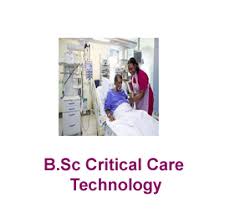Doctor of Medicine (M.D.) in Pathology is a 3-year postgraduate program designed to provide advanced education and training in the study of diseases. This course encompasses various aspects of pathology, including anatomical pathology, clinical pathology, and molecular pathology, equipping students with the skills to diagnose diseases through laboratory analysis and examination of tissues. The curriculum typically includes lectures, hands-on training, research projects, and clinical rotations in diagnostic laboratories. Graduates are prepared for roles in hospitals, research institutions, and academia, where they contribute to improving patient care through accurate disease diagnosis and management.































